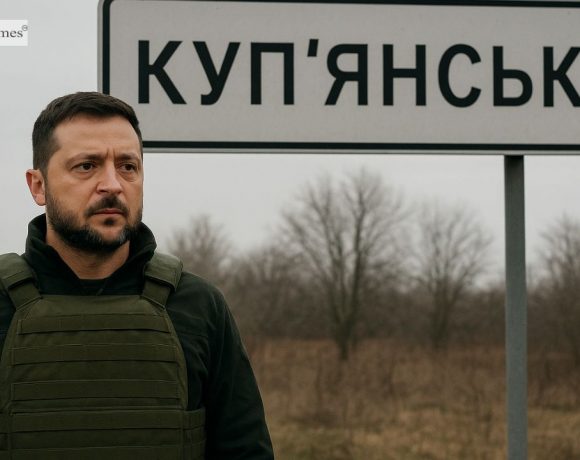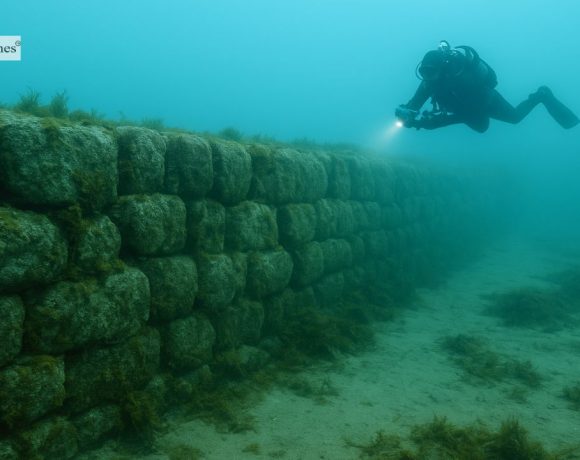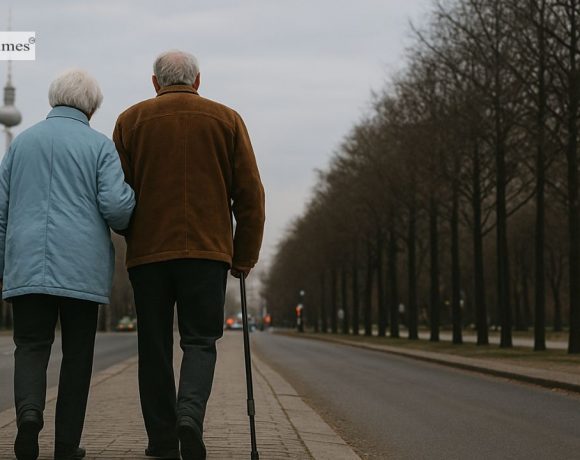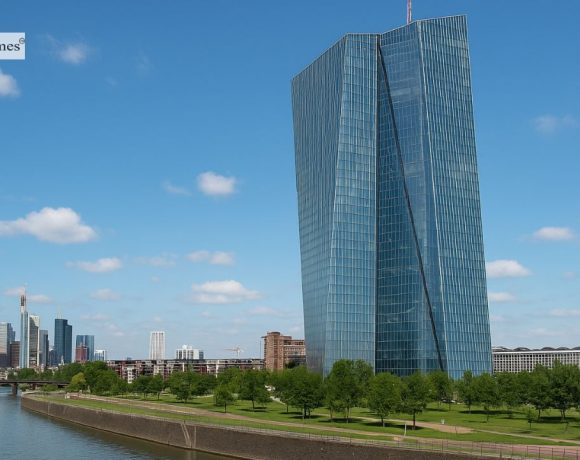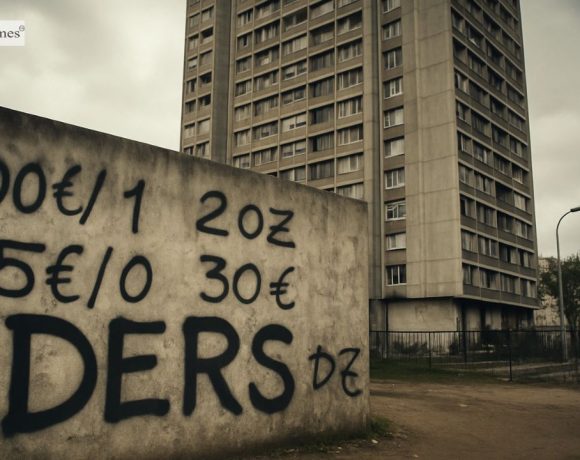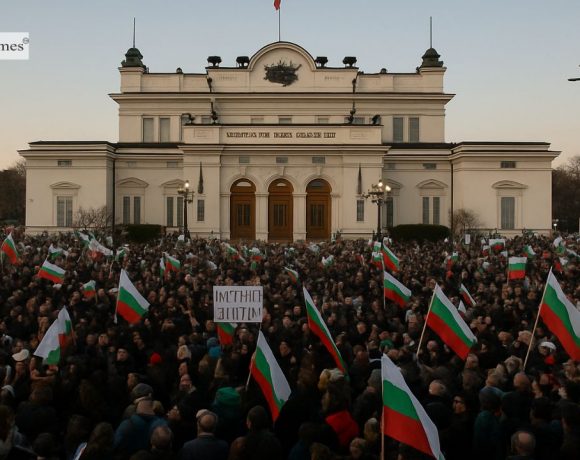
Alphabet-owned Google is facing a temporary freeze on around €110 million ($129 million) of its assets in France after orders obtained by the administrator of its defunct Russian business. According to documents seen by Reuters, the move follows rulings issued by Russian arbitration courts between 2024 and 2025 and marks an unusual attempt by Russian authorities to pursue Western corporate assets overseas through legal channels.
The freeze targets shares linked to Google International and was requested by the judicial administrator of Google Russia. The action was executed by a French bailiff, though neither Google, its Russian administrator, nor the French government commented on the matter. A lawyer representing the Russian liquidator said a Moscow tribunal had found Google guilty of making an illegal dividend payment in 2021 worth roughly 10 billion roubles, forming the basis of the claim.
Under French law, the asset freeze is temporary and requires formal court recognition within a month to remain in effect. The Paris Judicial Court will decide whether to enforce the Russian rulings, a process that could take more than a year. Google retains the right to challenge the freeze, and if enforcement is approved, the funds could ultimately be seized to satisfy the Russian court judgments.
Pic courtesy: google/ images are subject to copyright

